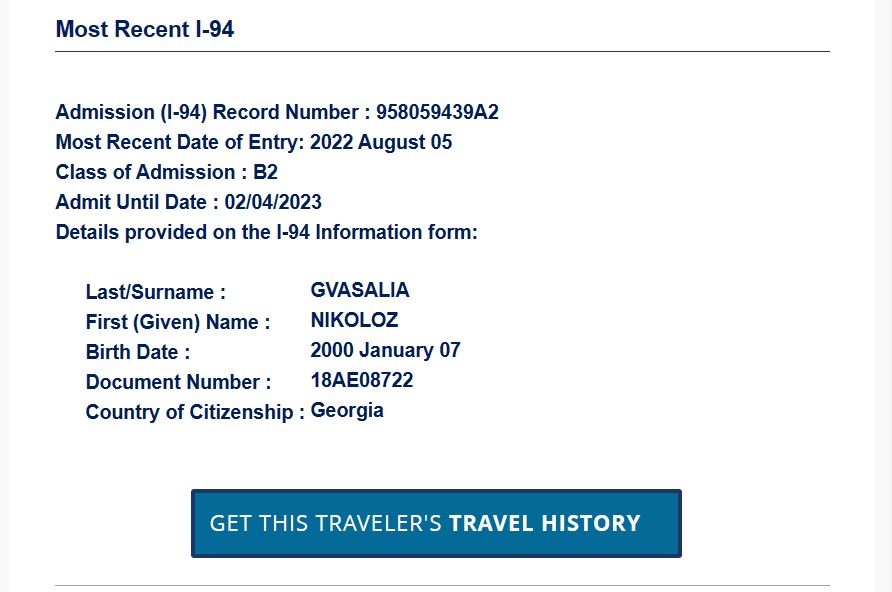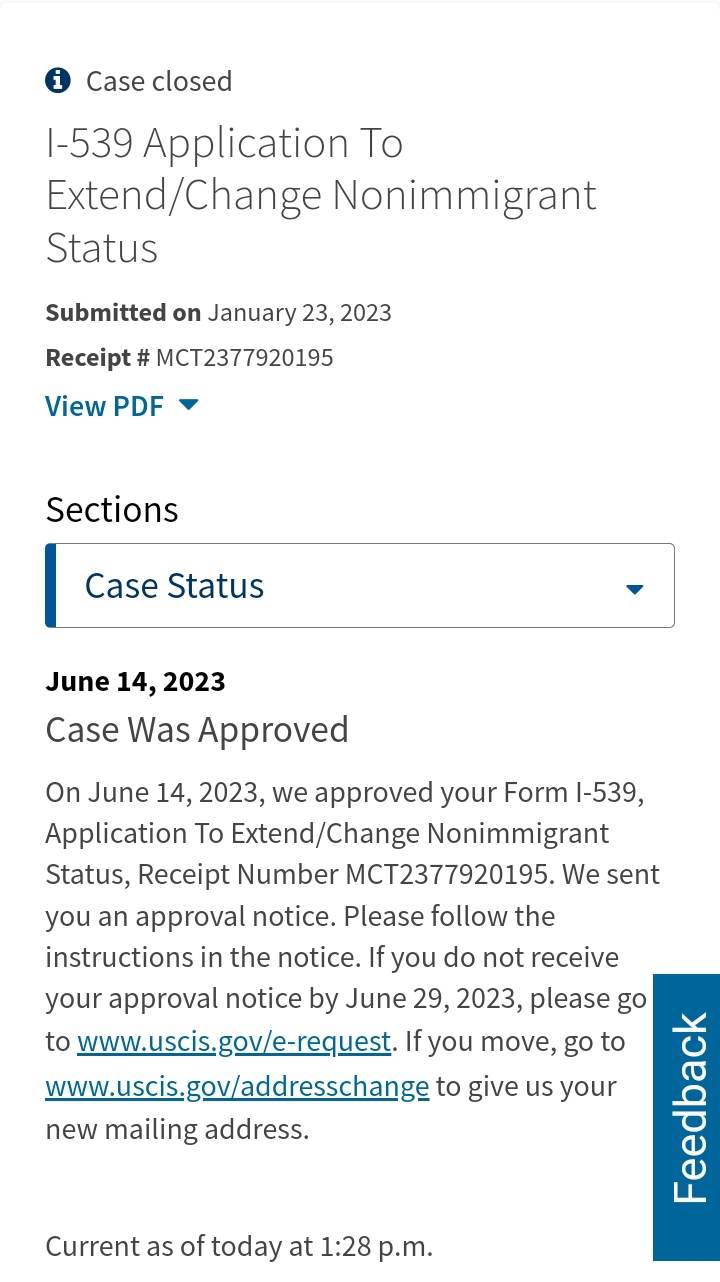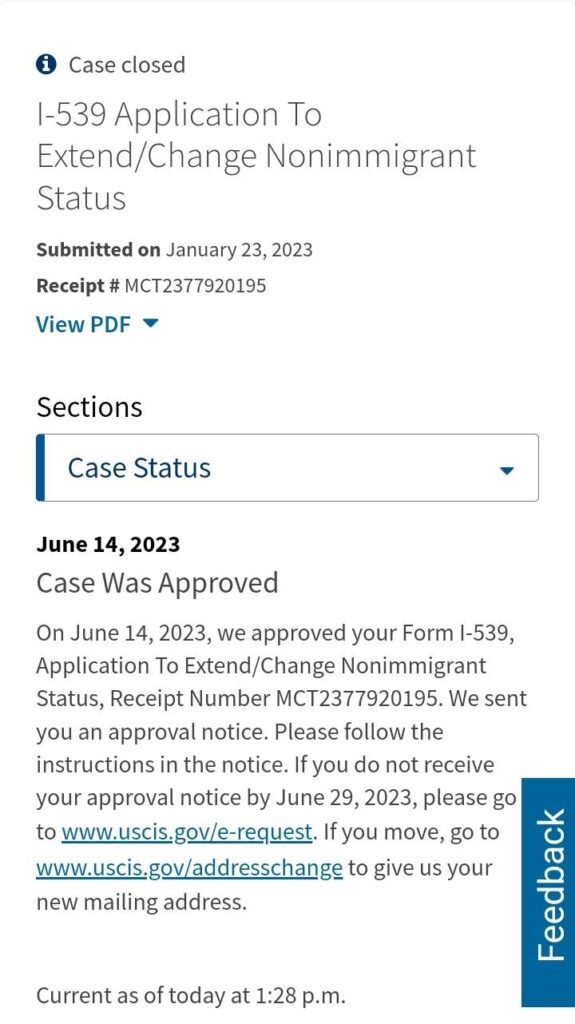Russians out of Georgia is a contentious issue that has its roots in the complex historical, political, and socio-cultural dynamics between Russia and Georgia. My letter aims to provide an interpretation of the issue by examining multiple perspectives and delving into the cultural connection between the two nations. The viewpoints of Georgian nationalists, Russian officials, international observers, and the Georgian population, while also acknowledging the literary love for Georgia expressed by famous Russian writers.
Stalin, highlighting his deep connection to Georgia as a Russian.
Joseph Stalin once famously said, “I am Russian by nationality and Georgian by birth” – a statement that exemplifies the intricate relationship between Russia and Georgia. It is important to recognize the profound impact that famous Russian writers, such as Alexander Pushkin, Leo Tolstoy, and Anton Chekhov, had on Georgian culture and literature. Their love for Georgia and its unique cultural heritage serves as a testament to the enduring bond between the two nations.
Historical Context
Russia-Georgia Relations: To comprehend the complexities of the “Russians out of Georgia” issue, it is crucial to understand the historical context.
Over the centuries, Russia and Georgia have shared a multifaceted relationship, marked by both cooperation and conflict. Various historical events, such as the Russo-Georgian War and the Soviet era, have shaped the dynamics between the two nations, leaving a lasting impact on the present situation.
Georgian Nationalist Perspective and Shelter
While the issue of “Russians out of Georgia” is often discussed in the context of Georgian nationalists’ perspectives, it is crucial to explore the other side of the coin. In recent years, an increasing number of Russian youth have sought shelter in Georgia to escape the repressive regime under President Vladimir Putin.
The Quest for Freedom and Safety Russian youth who seek shelter in Georgia often do so out of a quest for freedom, safety, and the opportunity to exercise their fundamental human rights. They face limitations on freedom of expression, assembly, and association in Russia, prompting them to seek refuge in a country where such rights are more protected. These individuals may engage in political activism, advocacy, or journalism that challenges the Russian regime, leading to potential persecution and harassment.
Human Rights Concerns in Russia –
The Russian government has faced widespread criticism for its human rights record, including allegations of political repression, censorship, and violation of civil liberties. Journalists, activists, and opposition figures have been targeted, leading to a climate of fear and limited space for dissent. In this context, the decision of Russian youth to seek asylum in Georgia reflects the erosion of democratic principles and the importance of protecting human rights.
Safe Haven – Georgia, with its relatively more liberal political climate and commitment to human rights, has become an attractive destination for Russian youth seeking shelter. The country’s support for freedom of expression, independent media, and civil society organizations offers a welcoming environment for those fleeing political persecution in Russia. The presence of a vibrant Russian-speaking community and historical cultural ties further contribute to Georgia’s appeal as a haven.
While Georgia provides a sanctuary for Russian youth seeking refuge, challenges remain. These include the need for comprehensive asylum policies, adequate resources, and support mechanisms to facilitate the integration of these individuals into Georgian society. Balancing the protection of human rights with potential geopolitical complexities and strained relations with Russia is also an ongoing challenge.
International Obligations and Cooperation – The protection of human rights is an international concern, and cooperation between Georgia and the international community is crucial. Ensuring adherence to international human rights standards, providing legal and social support to those seeking asylum, and promoting dialogue between Russia and Georgia are essential in addressing the complex dynamics of the issue.
The presence of Russian youth seeking shelter in Georgia brings attention to the significance of human rights considerations. These individuals, driven by their quest for freedom and safety, highlight the importance of protecting fundamental rights and freedoms. While challenges exist, Georgia’s commitment to human rights and its role as a haven should be acknowledged. By fostering international cooperation and upholding human rights standards, a more inclusive and secure environment can be created for those seeking refuge from political repression.
International observers focus on conflict resolution, diplomatic efforts, and human rights considerations. They play a crucial role in facilitating dialogue and negotiation between Russia and Georgia, striving for a peaceful resolution that respects the rights of all parties involved.
The perspective of the Georgian population is deeply personal and influenced by individual experiences and collective trauma. Their narratives reflect the socio-economic implications of the issue and the desire for reconciliation, paving the way for a harmonious relationship between Russia and Georgia.
Literary Love for Georgia, Throughout history, renowned Russian writers have expressed their admiration and love for Georgia through their literary works. Alexander Pushkin’s “The Prisoner of the Caucasus,” Leo Tolstoy’s fascination with the Caucasus region, and Anton Chekhov’s fondness for the city of Tbilisi are examples of the enduring literary connections between Russia and Georgia. These works showcase the cultural richness and beauty that have inspired generations of writers.
The “Russians out of Georgia” issue is a complex matter that demands a nuanced understanding of historical, political, and cultural factors. By exploring multiple perspectives and acknowledging the literary love for Georgia expressed by famous Russian writers, we can gain a deeper appreciation for the intricacies of the relationship between Russia and Georgia. It is through open dialogue, empathy, and a commitment to finding common ground that the path toward resolution can be paved, ensuring a future that respects the aspirations and rights of both nations.
Interpretation – peace place Georgia!
About 5.2 million Ukrainians are registered as refugees in European countries, and 2.5 million Ukrainians have taken refuge in Russia. At the same time, the events in Russia are developing dramatically, where in September 2022, general military mobilization was announced.
This means that the armed forces are allowed to call up almost all healthy men from the age of 18 to the age of 55 for military service. These events, of course, caused great dissatisfaction among the Russian youth, and from the day of the announcement of the mobilization, the population began to flee the country. Unfortunately, Russian sources do not allow us to state the exact number, although according to unofficial data, 4 million people left Russia.
Most of Russian and Ukrainian migrants, of course, choose countries with strong economies for migration, that is, mainly Western European countries, but it seems that for the displaced population, only the economic situation is not important, although the economy of Georgia is not very strong, there are about 200,000 Ukrainians in our country and more than 400,000 Russians entered, As a percentage, if we compare these numbers with the population of Georgia, we will realize that this percentage is a very large number.
Why do Russians and Ukrainians choose Georgia?
In my opinion, the most real reason is the geographical location of Georgia, it turned out that Georgia directly borders the Russian Federation in the south-east, and after arriving in Georgia, almost all directions are open for Russian citizens, Georgia is not far from Ukraine, especially for those Ukrainians who took refuge in Russia after the war. The second solid reason is the closeness of mentality, although Russia, Ukraine, and Georgia are inhabited by different ethnic people, our mentality is quite close to each other, during the Soviet Union, generations grew up so that all three republics were part of one whole country, therefore upbringing, religion, mentality, makes it easier to adapt to a new environment and makes life in emigration much easier.
If we look at the statistics, 75% of the population entering the country is 32 years old or younger, and the majority of those entering choose Tbilisi, the capital of Georgia, to live in. Why do Russian and Ukrainian young people like Tbilisi? Well, Tbilisi is a historical, ancient city, but we can also confidently say that Tbilisi is also a modern European city. Living in the city is cheaper compared to other countries, the city is always alive and full of entertainment activities, and the nightlife culture in the capital of Georgia has been actively developing since the 2000s today it is even called the Berlin of Eastern Europe. First of all, there is freedom in there, you can freely hold a protest, and wear the clothes you want, this certainly causes a great cultural shock among the newly arrived Belarusian and Russian youth, and because of this they soon fall in love with Tbilisi. It is a small freedom island in a region. Hospitality is a big part of the Georgian mentality, it seems to be in our genetic code, there is no more fortunate moment for a Georgian than when a guest expresses satisfaction, that’s why our country is one of the favorite places for tourists from many other countries.
Tbilisi is the Jerusalem of peace for the youth tired of war, politics, and fighting, here you won’t find foreigners who fight each other because of politics, where everyone is surrounded by love for Georgia and eats delicious Georgian dishes.
the capital of youth, this is also a kind of art, the art of peace, which is established not by bombs but by love.





